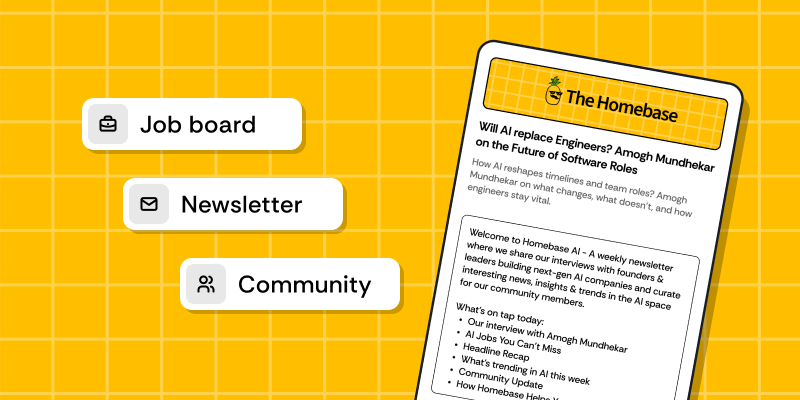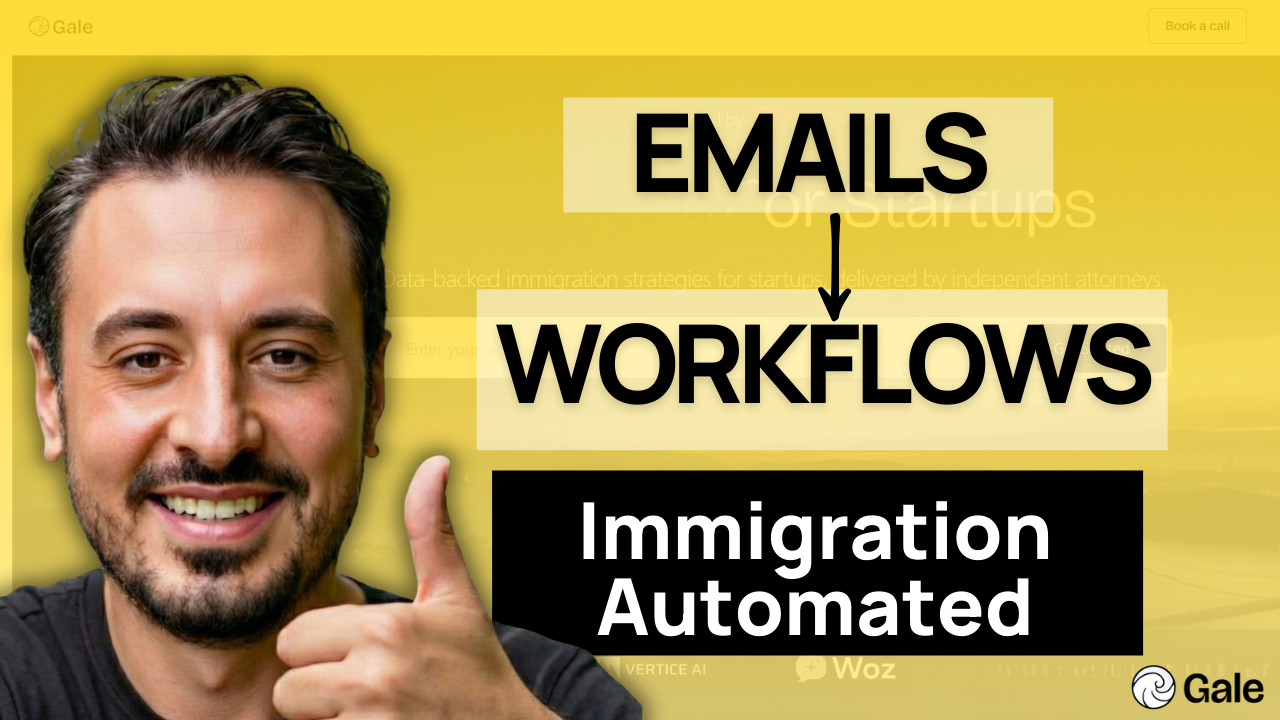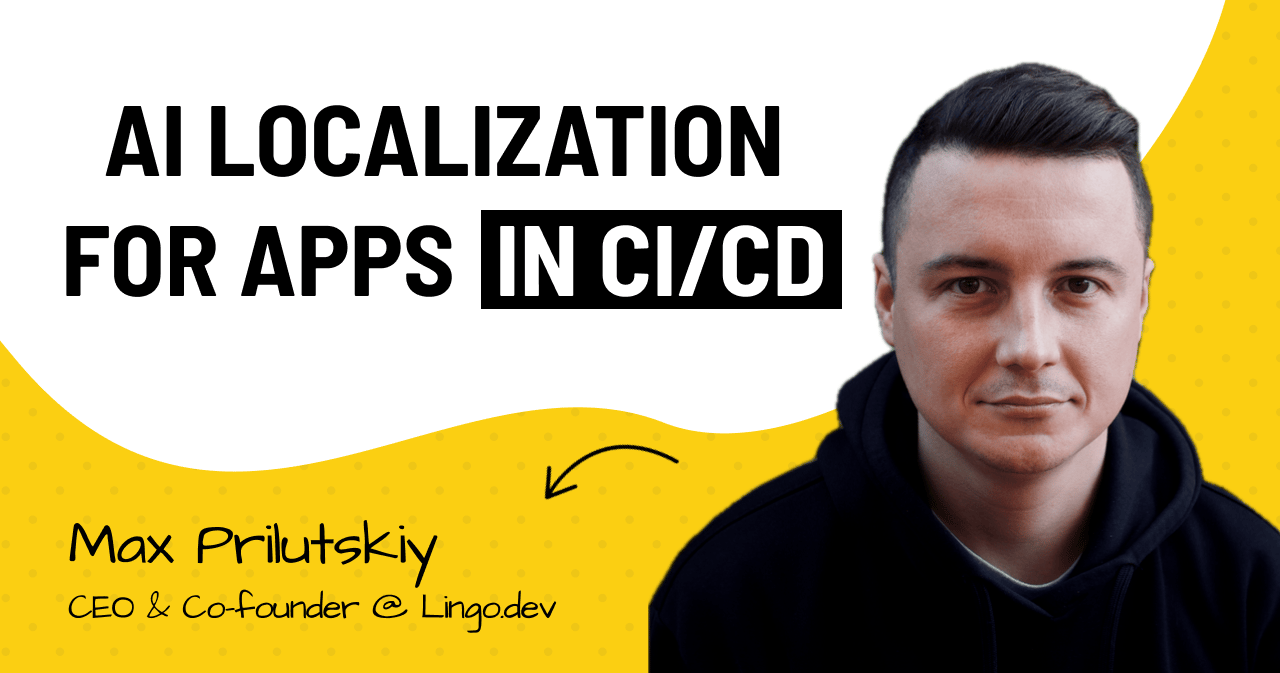🎤 Full Interview: Tyler Postle, Co-founder & CEO @ Voker AI
"Empowering product teams to build sophisticated AI capabilities without needing full AI engineering—unlocking AI for SMBs and reshaping product development."
Founder Story & Vision
Who they are & what they’re building
-
Tyler Postle is a data scientist turned entrepreneur who, after leading AI and analytics at high-growth startups, co-founded Voker AI —a Y Combinator-backed platform designed for SMBs lacking AI engineering teams. Voker empowers product managers and business experts to rapidly design and deploy AI agents through an intuitive no-code UI, bridging the gap between AI possibility and operational reality.
Why now & what’s the big bet
-
With AI technologies evolving rapidly, most SMBs struggle to build AI solutions due to costly engineering talent and complex infrastructure. Tyler’s big bet: by lowering the technical barrier, enabling subject experts to configure AI workflows with built-in guardrails, and simplifying deployment through API integrations, Voker can accelerate AI adoption among SMBs and transform how companies build intelligent products.
🧩 Real-World Use Cases
How it works in the wild
Healthcare Workflow Optimization: Clients in veterinary tech use Voker to automate generating accurate, standardized post-call notes from vet-patient conversations, saving 15-20 minutes per consult.
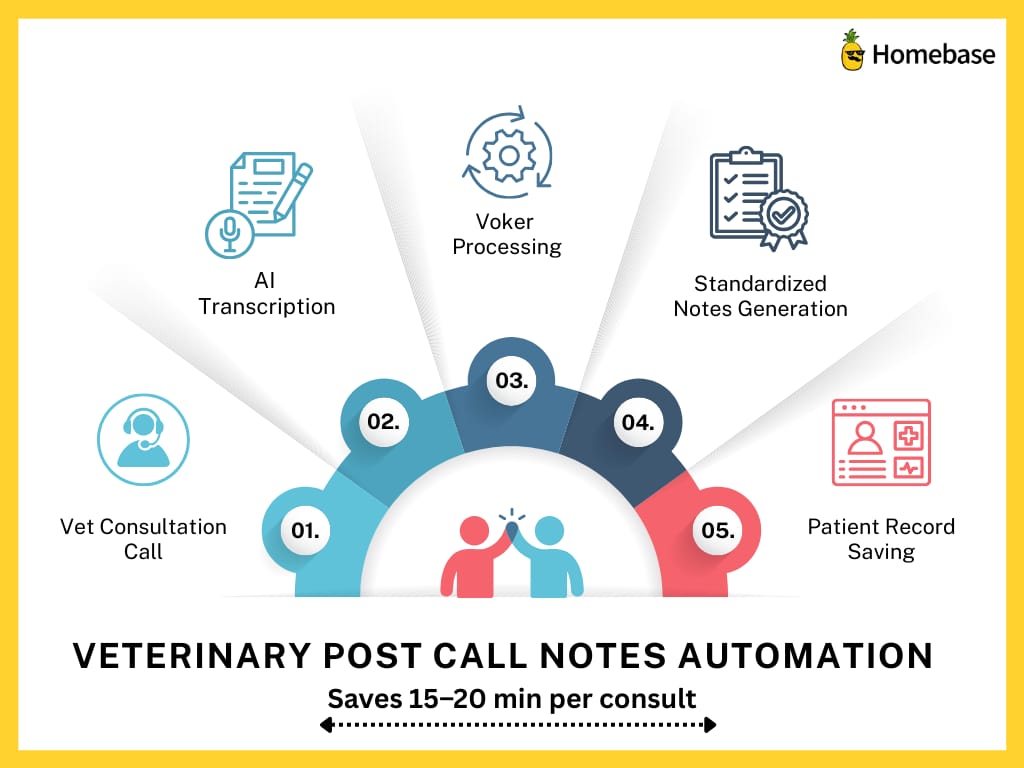
Continuous Model Experimentation & Improvement: Voker’s platform supports A/B testing and iterative tuning of AI agent prompts to optimize accuracy and minimize errors, ensuring robust and reliable deployment at scale.
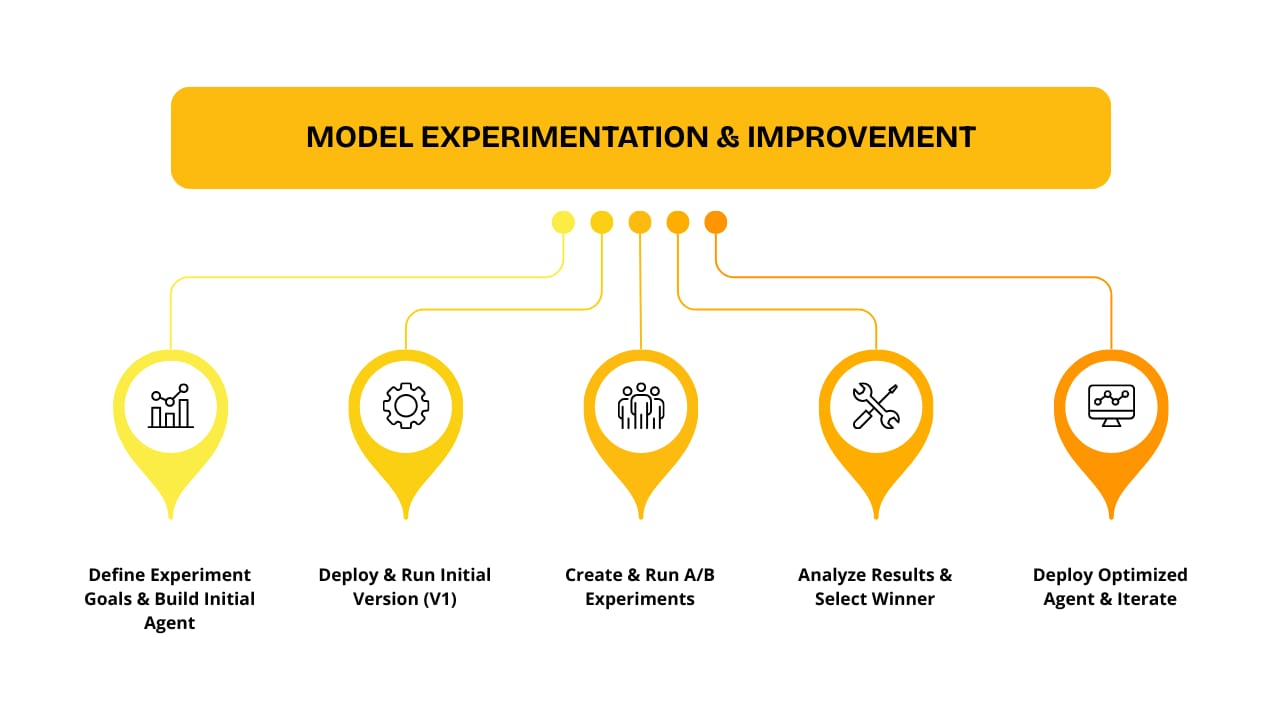
What you’ll learn:
-
How Tyler recognized early AI limitations and pragmatically pivoted from complex QA tooling to accessible AI building blocks for SMBs.
-
The importance of collaborative workflows that empower product and business teams while involving engineers only in final deployment.
-
Practical approaches to building AI products with clear ROI focus, balancing guardrails with rapid iteration and experimentation.
-
Insights on navigating early-stage startup challenges, from customer acquisition to pricing strategy in a nascent market.
-
Broader perspectives on evolving AI trends, such as model costs declining, rising multi-model support, and adopting “computer vision” style automation.
Some Takeaways:
-
Tactic: Prioritize building fast prototypes with clear guardrails and iterate rapidly rather than aiming for perfection initially.
-
Insight: Empowering domain experts to control AI tooling accelerates adoption and ROI without replacing engineers.
-
Milestone: Handling hundreds of millions of API calls monthly reflects Voker’s scalability and reliability.
-
Approach: Combining no-code agent design plus developer-friendly API deployments bridges technical gaps effectively.
-
Next Step: Founders should evaluate where manual work exists today ripe for AI-driven automation and start experimenting with accessible platforms like Voker.
In this episode, we cover:
00:00 – Introduction
00:14 – What Voker AI Does & Who It’s For
02:58 – Real Use Cases: HR Tech & Veterinary Workflows
07:40 – Live Demo: Building AI Agents Without Code
15:27 – Guardrails & Reliability: Making Agents Production-Ready
24:11 – Sales Challenges & Go-to-Market Lessons
37:16 – Tyler’s Founder Journey & YC Experience
44:15 – What’s Next for Voker AI + Closing Reflections
For inquiries about sponsoring the podcast, email david@thehomabase.ai
Referenced in the Episode:
-
Y Combinator
-
Zapier
-
Large Language Models (LLMs)
-
ChargeGPT (presumed chat GPT usage)
Find Case Studies of all other episodes here.
